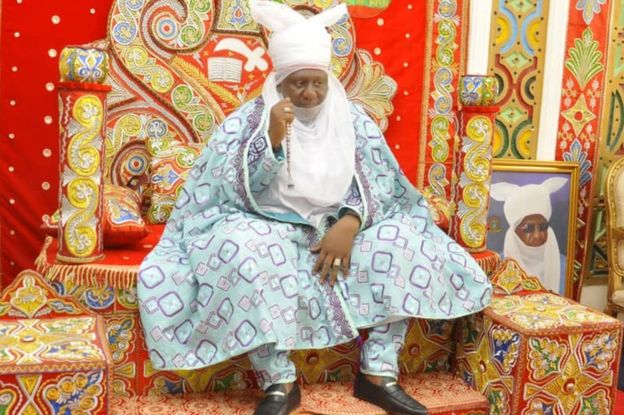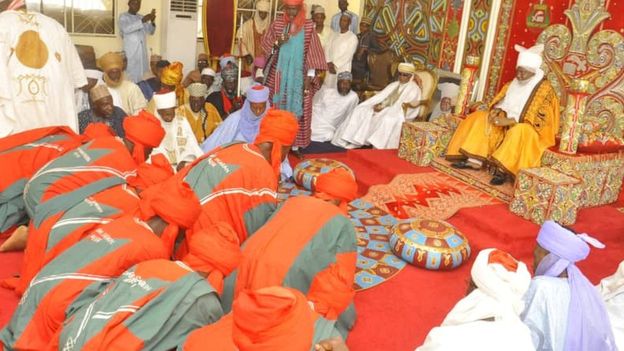When the Emir of Keffi in Nasarawa state in north-central Nigeria died in 2015, his 52-year-old eldest son was selected by the traditional kingmakers to take his place.
Shehu Usman Chindo Yamusa III inherited not just the responsibilities that his septuagenarian father had overseen for 37 years, but also scores of staff dependent on the palace for their feeding and upkeep.
These included bodyguards, musical bands, town criers, drivers, cooks, cleaners, and stablemen who care for about 25 horses.
Horses are a symbol of royalty, once used in wars for the expansion of the emirate.
They are the emir’s means of transport during Islamic festivals, or when he tours Keffi to interact with his people and hear their views.
Players ride horses during the biannual polo tournaments in Keffi town in July and December, events which usually see guests from as far afield as South Africa, Argentina, and the UK.
In addition to the horses, the emir also owns scores of cows.
About 60 staff begin duty in the palace at 08:00 daily and leave by 18:00, while the rest live in the palace. All the staff are fed during mealtimes.
“If it is the people that live in the palace, they are over a hundred and something,” the Emir of Keffi said. “Despite the fact that they earn salaries, I feed all these people.”
The Emir of Keffi also holds court with relatives and traditional title holders, who typically surround him from dawn till dusk. They all join him for breakfast, lunch and dinner. Dozens of his neighbours, who live in buildings close to the palace, also join him for meals.
“I derive pleasure from giving people food,” the Emir of Keffi said.
Each of Nigeria’s emirs receives a salary and an allocation for the emirate from the government, and the late emir had catered for his staff and court using these resources. But Shehu Usman Chindo Yamusa III had a better idea.
“After I became emir, I looked at the progress that my father brought and looked at areas that I felt needed to be improved,” he said.
He decided to start feeding all his dependants from his farms. They would become locavores – eating mostly what was locally produced.
Before ascending the throne as the 15th Emir of Keffi, Shehu Usman Chindo Yamusa III taught law at the Nasarawa State University.
The father-of-five from two wives also studied in the UK, and has a doctorate in energy law.

His interest in agriculture began during his days as a young student, when he went to his father’s farm during the holidays to help supervise the hired labourers.
About five years before his death, his father gave him about 70 hectares of farmland.
With the proceeds from his maize and rice crops, he was able to buy tickets to travel abroad and to attend international seminars.
He was looking forward to advancing in academia and had travelled to deliver a paper at the United Nations in December 2015, when his father died suddenly from ill health.

Photo: Shehu Usman Chindo Yumusa

